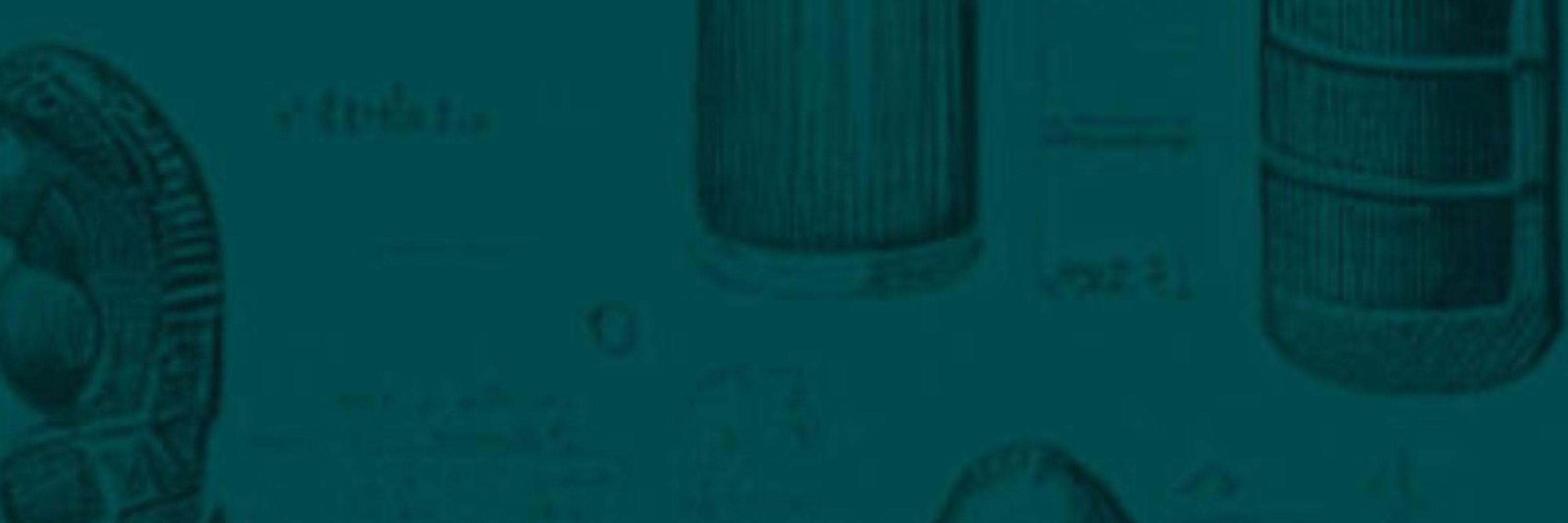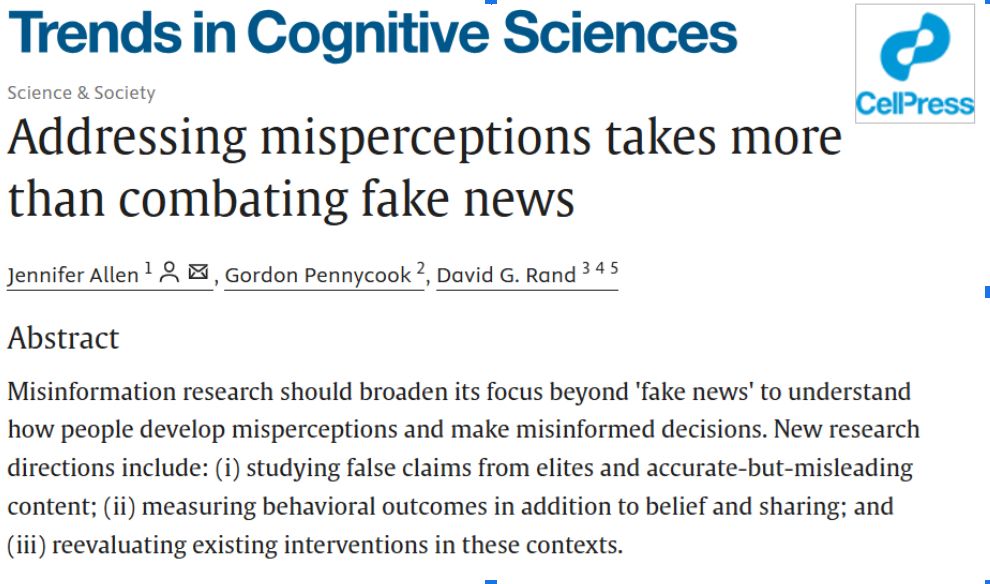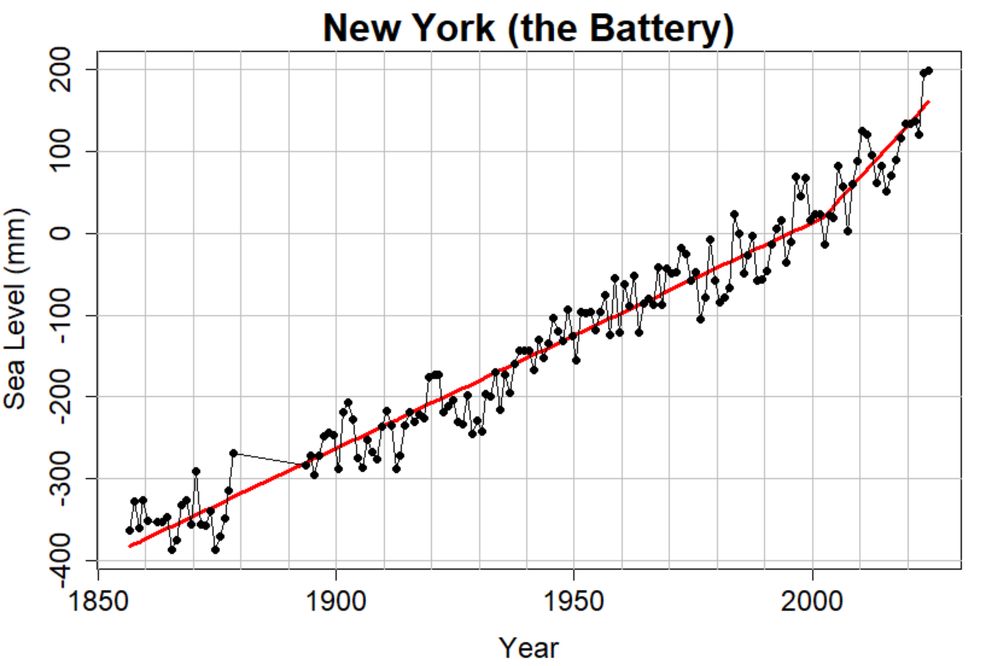Science Feedback
@sciencefeedback.bsky.social
5.6K followers
440 following
380 posts
Scientists sorting fact from fiction in scientific media coverage.
➡️ science.feedback.org
French account: @sciencefeedback-fr.bsky.social
Posts
Media
Videos
Starter Packs
Pinned
Reposted by Science Feedback
Reposted by Science Feedback
Reposted by Science Feedback
Reposted by Science Feedback








![Andrew Dessler, director of the Texas Center for Extreme Weather at Texas A&M University, said the new controversy that the Trump administration had stirred around climate science was a fitting subject for a fast-track effort by the National Academies.
“The National Academies [were] established exactly to do things like this—to answer questions of scientific importance for the government,” he said. “This is what the DOE should have done all along, rather than hire five people who represent a tiny minority of the scientific community and have views that virtually nobody else agrees with.”](https://cdn.bsky.app/img/feed_thumbnail/plain/did:plc:uyemf6niinxjzirk7pbzzt3j/bafkreifnvpttyaxod2ph6vreng4vhllbzg45xhfklbuvw7asa6k5eki4by@jpeg)



